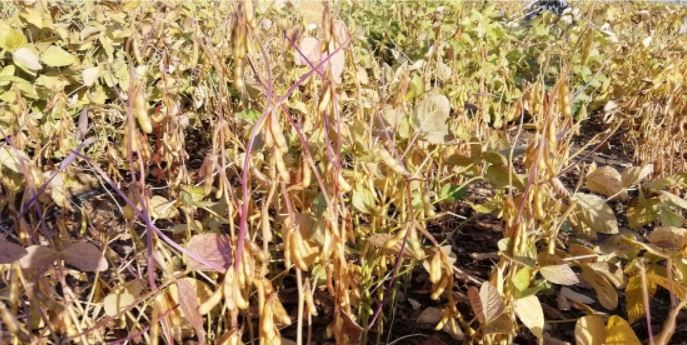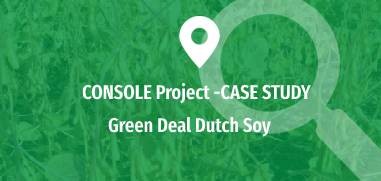Summary
The Gree Deal Dutch Soy is a contract between national government, regional governments, a soy processer / feed producer, and farmers. They aim at establishing a viable production chain for soy in the Netherlands, by identifying the most suitable varieties and ensuring a solid soy production volume that allows a viable chain, with fair
prices for soy farmers. Being a legume crop, soy can sequester nitrogen in the soil, with that reducing the need for fertilizers in the follow up crop and benefiting soil quality in the long run. Furthermore, increasing the soy area in the Netherlands can have a positive impact on biodiversity. The Green Deal Dutch Soy is a set of non-binding commitments.
Objectives
- The Green Deal Dutch Soy aims to realise 10 000 ha/year harvested area and an average yield of at least 3500 kg/ha.
Public Goods






Problem description
Green deals have been established in the Netherlands to stimulate entrepreneurship and to enable entrepreneurs and societal partners to test and implement green solutions in a bottom-up, solid, quick, but robust way. They aim to overcome bureaucratic and related time consumption barriers that normally hamper innovation. The specific Green Deal Dutch Soy specifically responds to the unsustainable soy production standards in the current Dutch trade partners for this crop.
